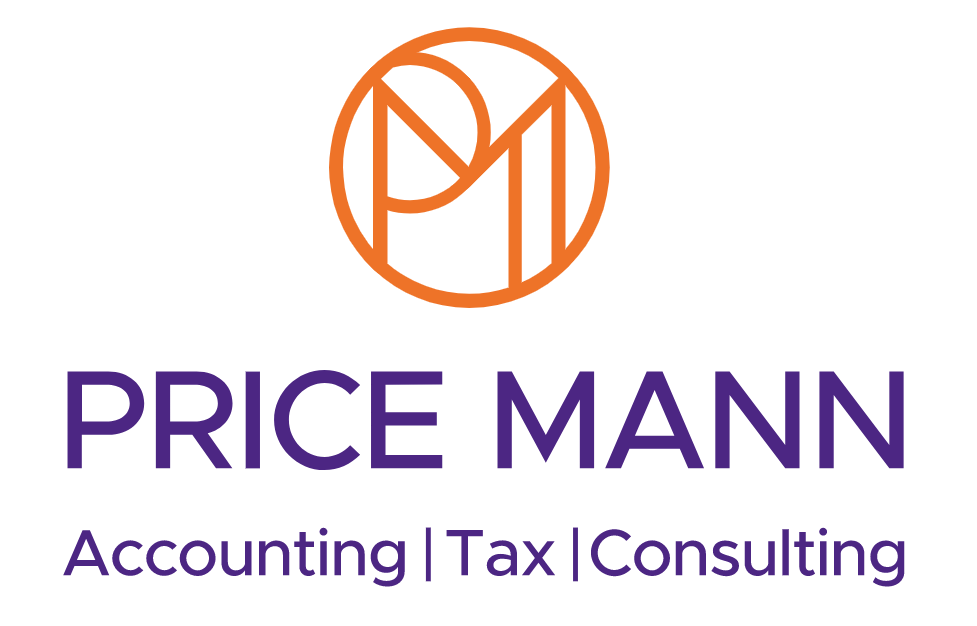A Sole trader vs limited company: Which is better for you?
Maybe you are thinking about switching to a limited company with extra reporting requirements coming shortly with the changes brought about by Making Tax Digital? Maybe your mate has told you that you can be paying less tax if you were the owner of a limited company? This article will take you through what it really means to trade as a limited company or sole trader. And ultimately help you make the right decision for you and your business affairs.
Before this article goes any further, if you make a profit in your business affairs you are going to get taxed whichever route you choose. There is no getting away from this fact. Changing your company structure from sole trader to a limited company isn’t going to stop you from paying tax.
What is the difference between a sole trader and a limited company?
If you are a sole trader the business, is you and you are the business. This means that HMRC and the law see the business and yourself as one in the same thing. This doesn’t stop you from hiring staff or taking on premises. But what it does do is mean that you are personally liable for any losses or debts that your business makes. The good news is that as a sole trader you can keep all of your business profits. But remember that these business profits will then be taxed as part of your personal income.
Despite what some business owners may think, a limited company is a separate legal entity in its own right. It will have its own finances and legal reporting requirements. Its finances must be kept separate from the business owner’s personal finances.
As your limited company is a separate legal entity this means that as the director of your limited company you will have limited liability on any losses or debts incurred by the business. There is a BIG but here. If your business needs to take on any borrowing, for example for a new van or office, the lender may place a personal guarantee on the directors of the business. In other words, if the business is unable to pay back the loan the directors are personally liable to pay back the loan.
What are the advantages to being a sole trader vs a limited company?
Despite what it may seem like with the Making Tax Digital changes to reporting for self-assessment income tax for sole traders there is relatively little paperwork or administration for a sole trader.
It’s also easy to set up as a sole trader. Apart from potentially informing HMRC of your change in circumstances, nearly everyone can start as a sole trader today.
It also means that your accountant’s bill is generally going to be much less than if you decide to form a limited company.
Making Tax Digital for Sole Traders means there is shortly going to be a legal obligation for sole traders to keep their accounting records digitally and up-to-date.
This means that the practice of handing a large bag of receipts over to your accountant once a year is no longer allowed. Even if you trade as a sole trader, it is still important to understand your financial affairs.
After all, you would want to know if your business is trading profitably and your likely personal tax bill at the end of the year. Without up-to-date financial records it is really easy to be caught out by a large personal tax bill on the 31st Jan.
One of the little realised advantages of trading as a sole trader is your financial affairs are very private. They are between you, your accountant and HMRC.
There is no requirement, such as with limited companies, to put your annual accounts into the public domain on Companies House.
And finally, as a sole trader you are in complete control of your business affairs.
You don’t need to consult any shareholders or partners to make decisions. Although your spouse may have other ideas about this!
What are the disadvantages of being a sole trader vs a limited company?
Banks and other investors tend to prefer working with limited companies.
This means it can be harder to raise finance as a sole trader. Whilst it is still possible to grow without external funding it can be much slower.
After all, most businesses need to buy some equipment, vehicles, stock or tools to be able to start trading.
It’s not just banks and investors who can look down on sole traders. Many businesses and customers would prefer to work with a limited company vs a sole trader.
After all, they believe, whether rightly or wrongly, that they will have more protection with a limited company.
However most ‘Business to Consumer’ sole traders are unlikely to have this problem with credibility.
After all, a householder is rarely concerned whether a plumber is a sole trader or a limited company. They just want a good job done.
Historically the tax rates on sole traders have been more punitive than owners of limited companies.
However, over the last 5 years or so this tax gap has reduced significantly with the dividend tax relief being slashed.
Currently sole traders pay 20-45% income tax, whereas limited companies pay from 19% corporation tax.
However, directors of limited companies have to still pay personal income tax between 20-45% on any income from the business via payroll. Dividends from the business are also taxed.
As a sole trader you cannot protect your business name. Anyone can decide to use your business name. This is not the same with a limited company.
What are the disadvantages of being a limited company vs a sole trader?
Limited companies are more complex to set up and run. There is far more paperwork and administration involved with a limited company. For example:
- Confirmation Statement with Companies’ House
- Filing company year-end accounts
- Corporation tax return
- Registering with companies’ house
- Legal documentation such as articles of incorporation, shareholder agreements
This is why having a limited company means it is really advisable to pay for an accountants’ services.
Directors of limited companies still need to:
- File a personal tax return (which will eventually come under the Making Tax Digital regime)
- Pay personal income tax
Why change from being a sole trader to a limited company?
When people start in business they often start as a sole trader. After all it is easy to set up and less administration/ accountancy fees involved than a limited company. But there comes a time when it makes sense to switch over; either because of a desire to involve others in your business in a decision-making capacity, or pay less tax or become more attractive to potential clients or investors. In fact, when your sole trader profits (that’s profits not income) reach £30k it is worth considering changing to a limited company to reduce your tax liability.
Everyone’s circumstances are different and before you decide to make the change do take advice from your accountant. You may find that actually you are better off remaining as a sole trader.













